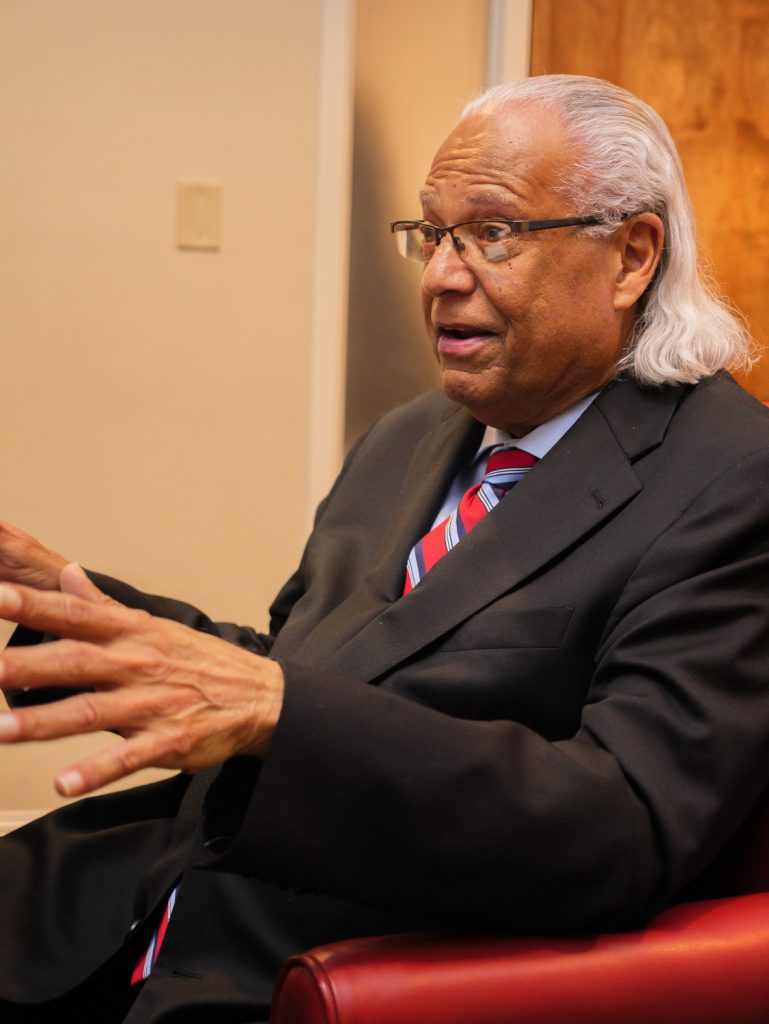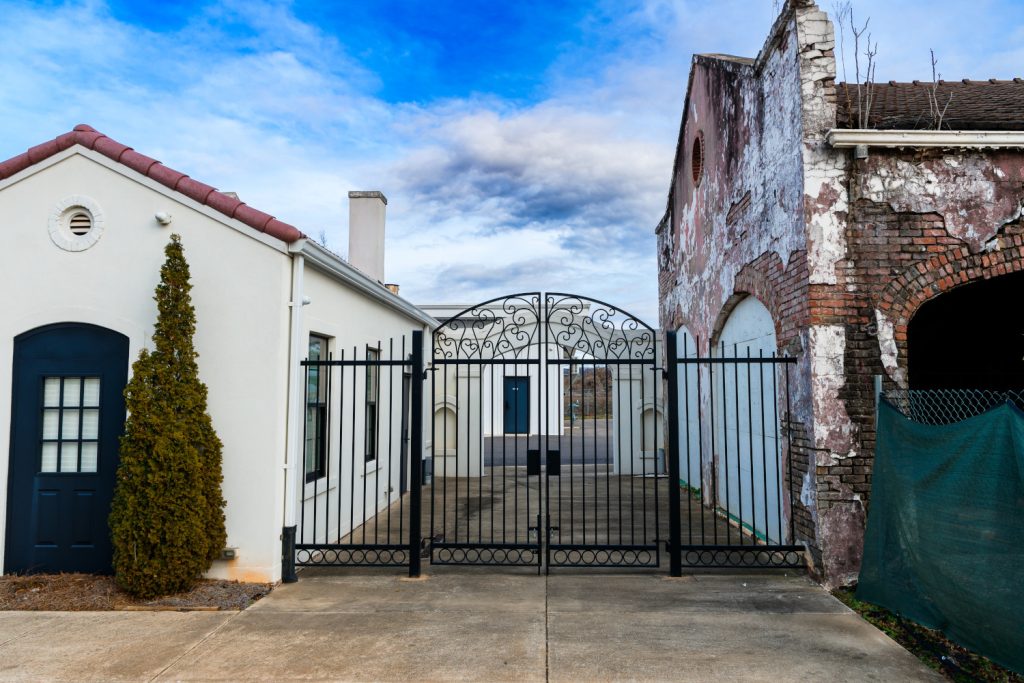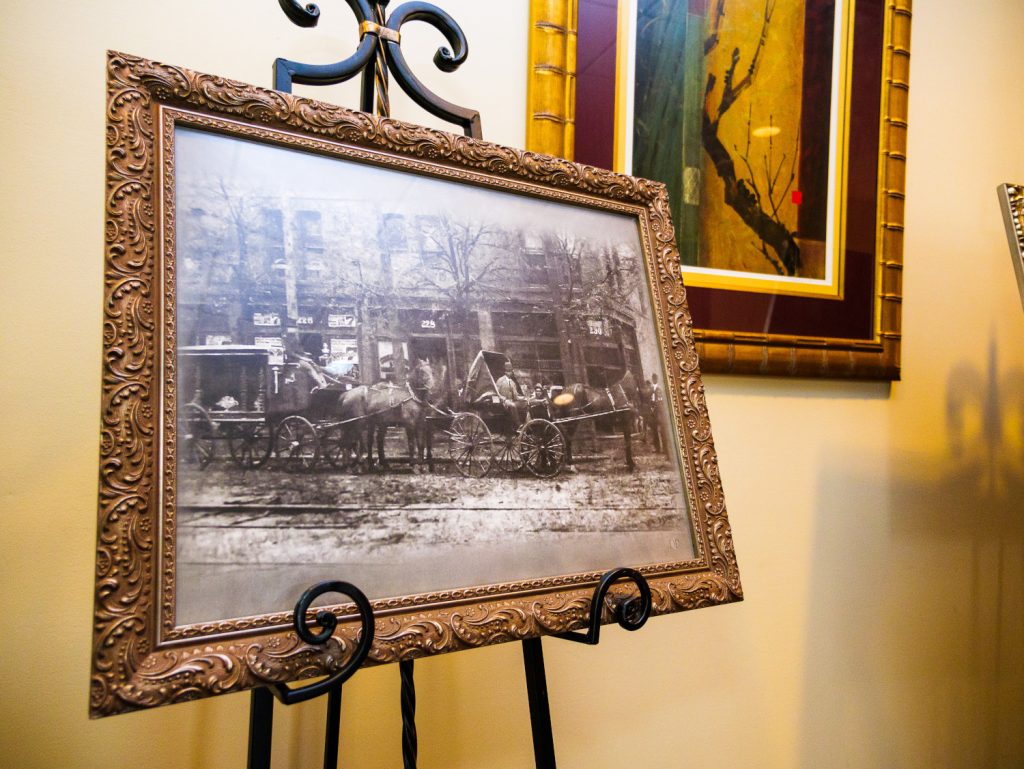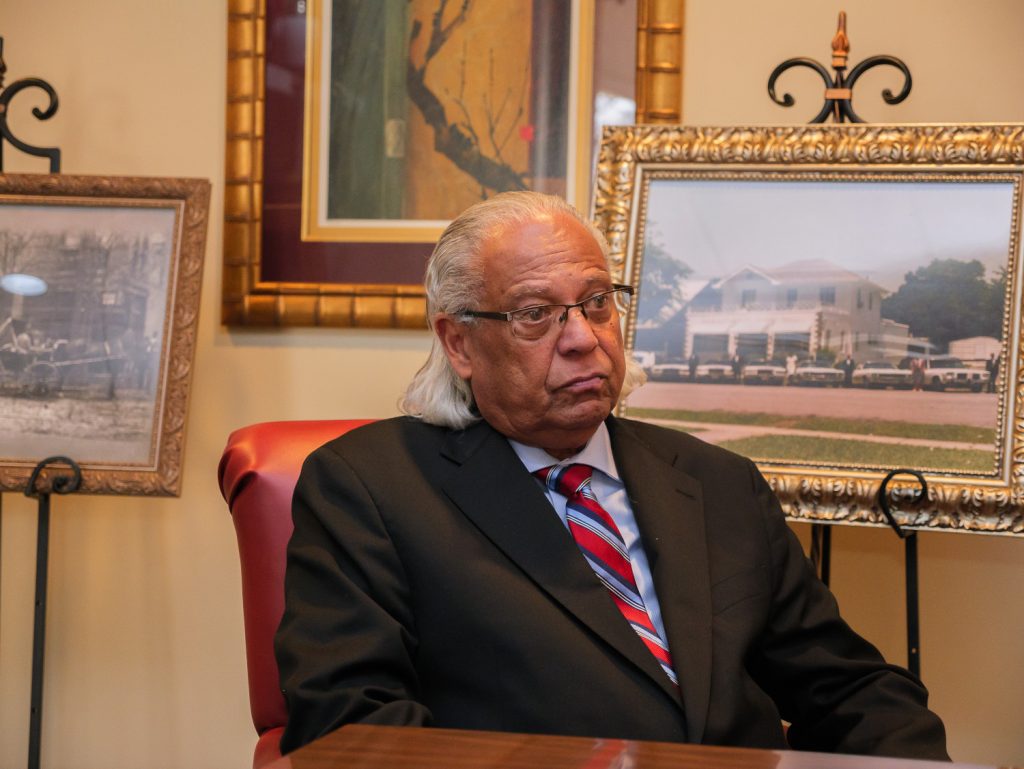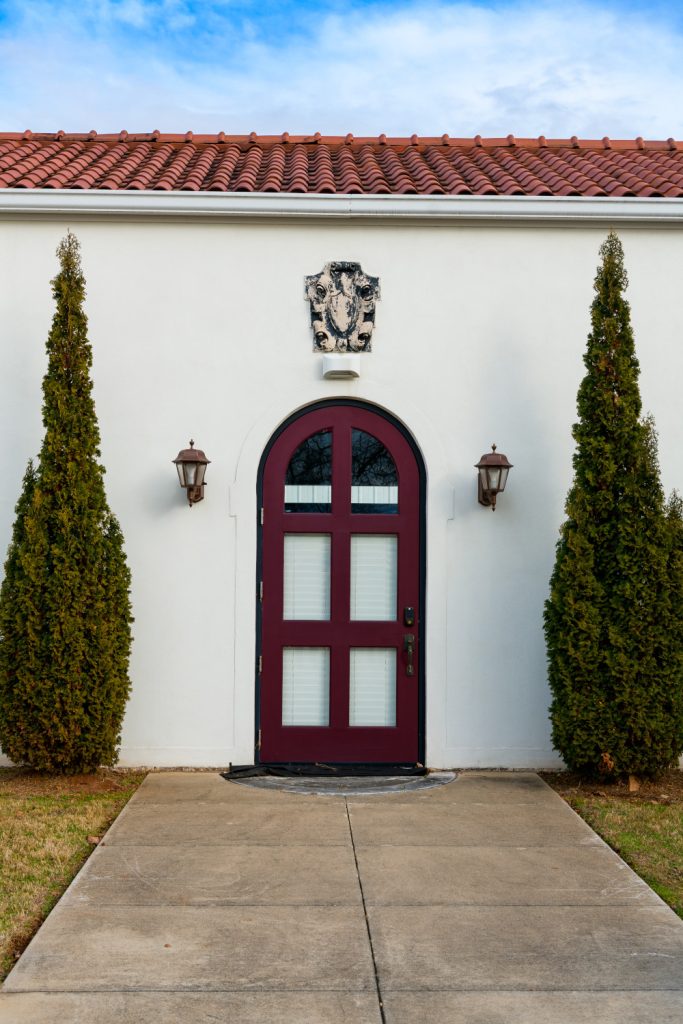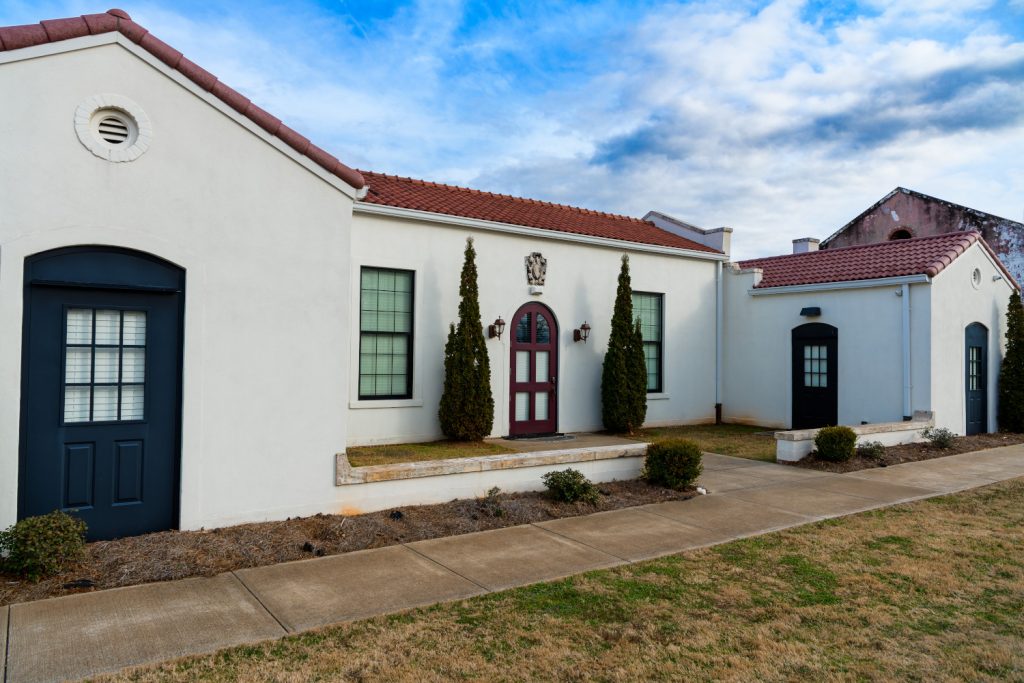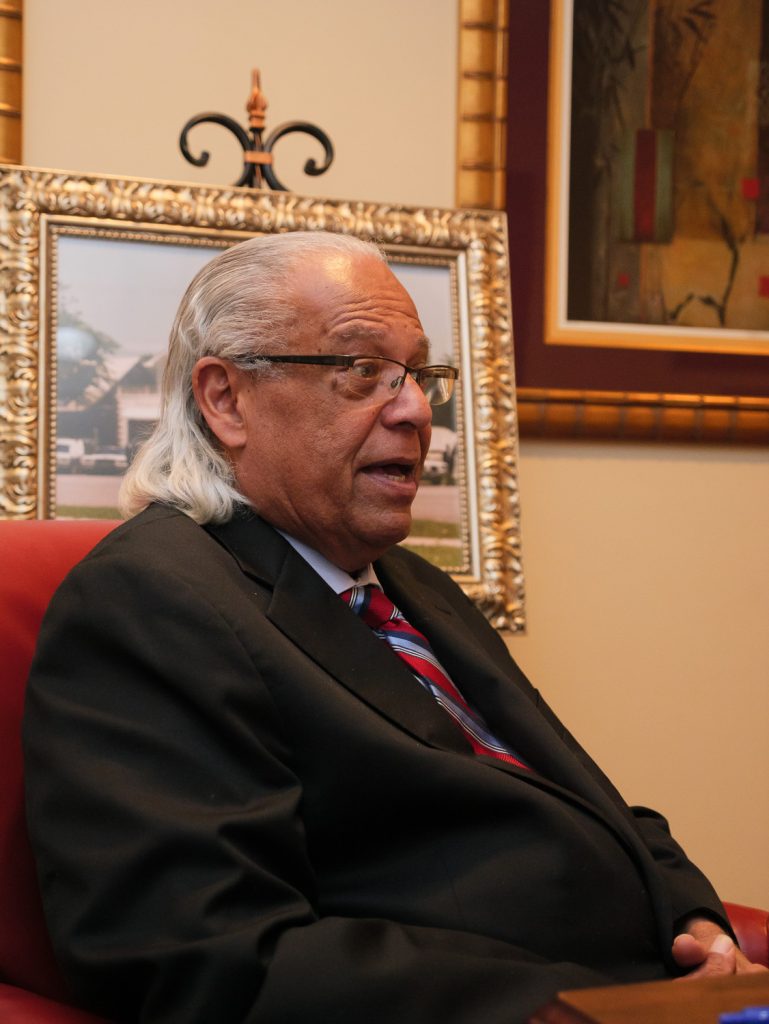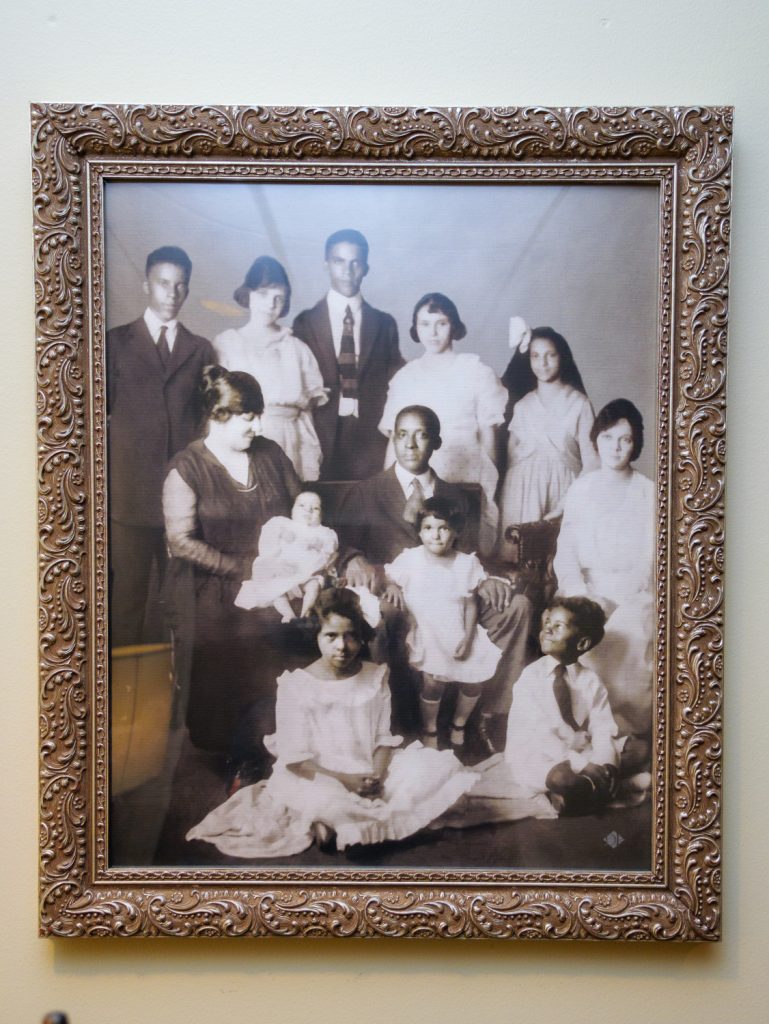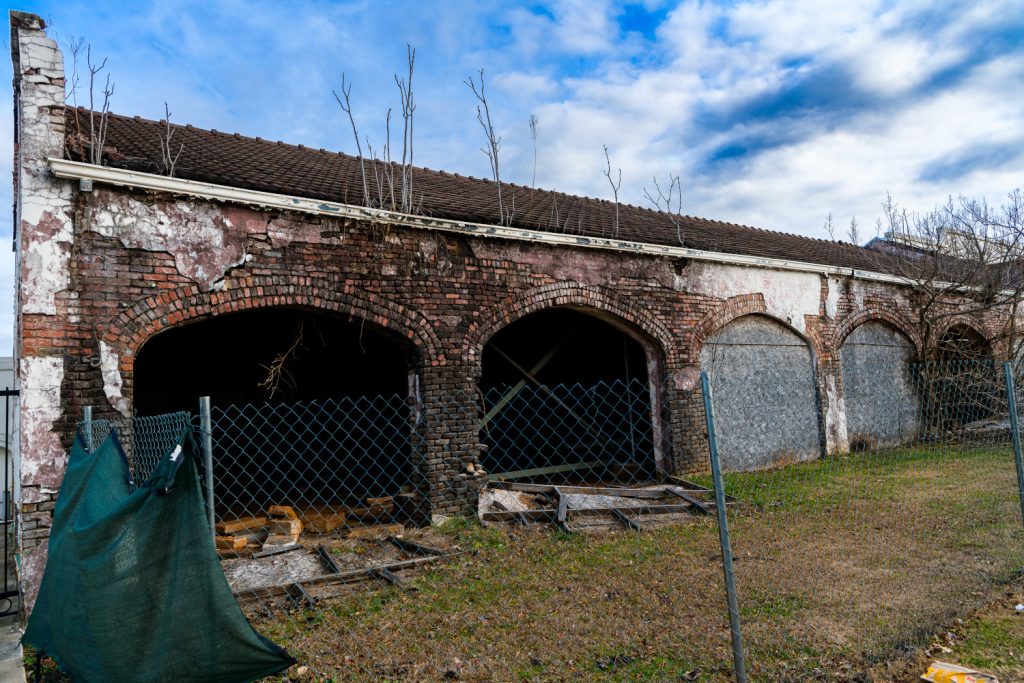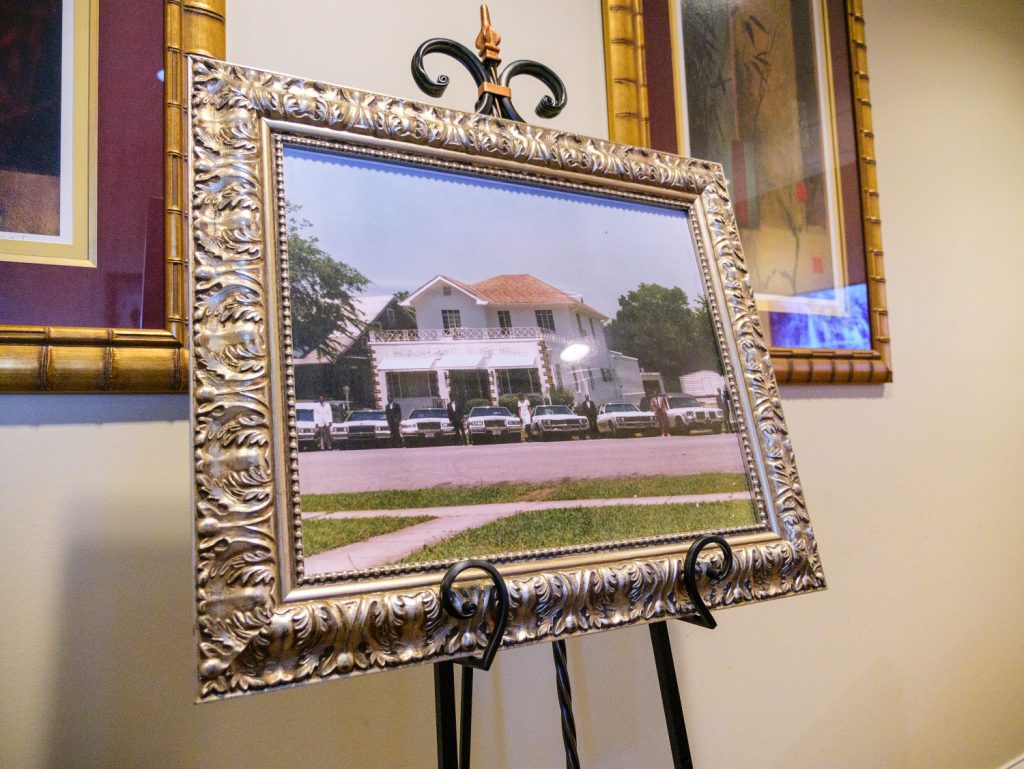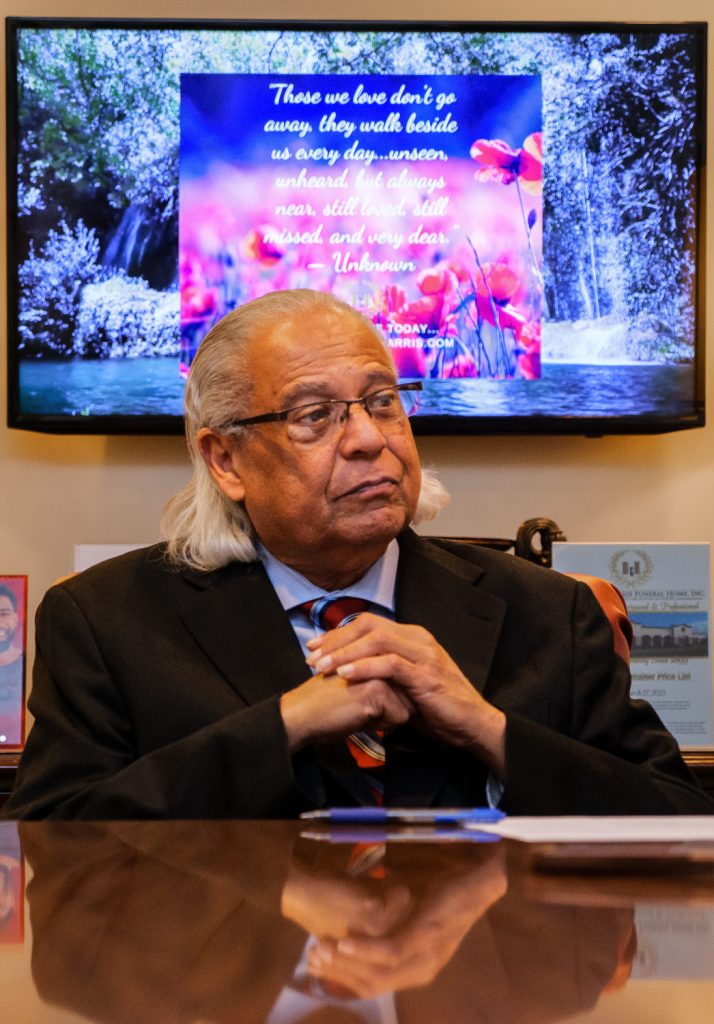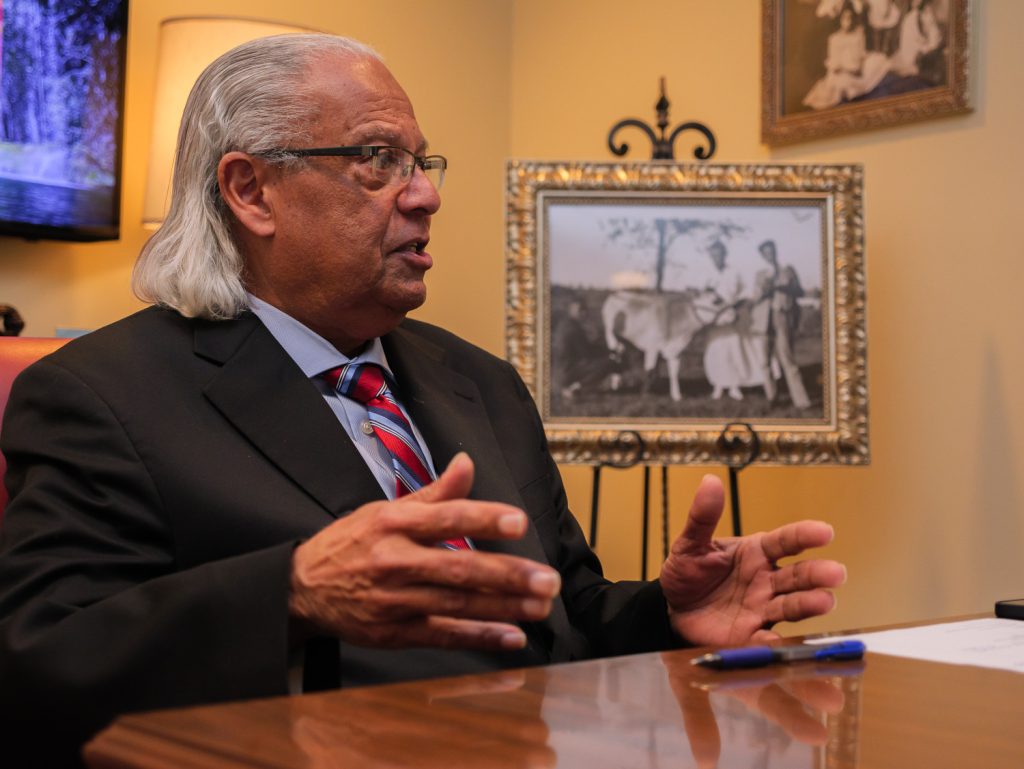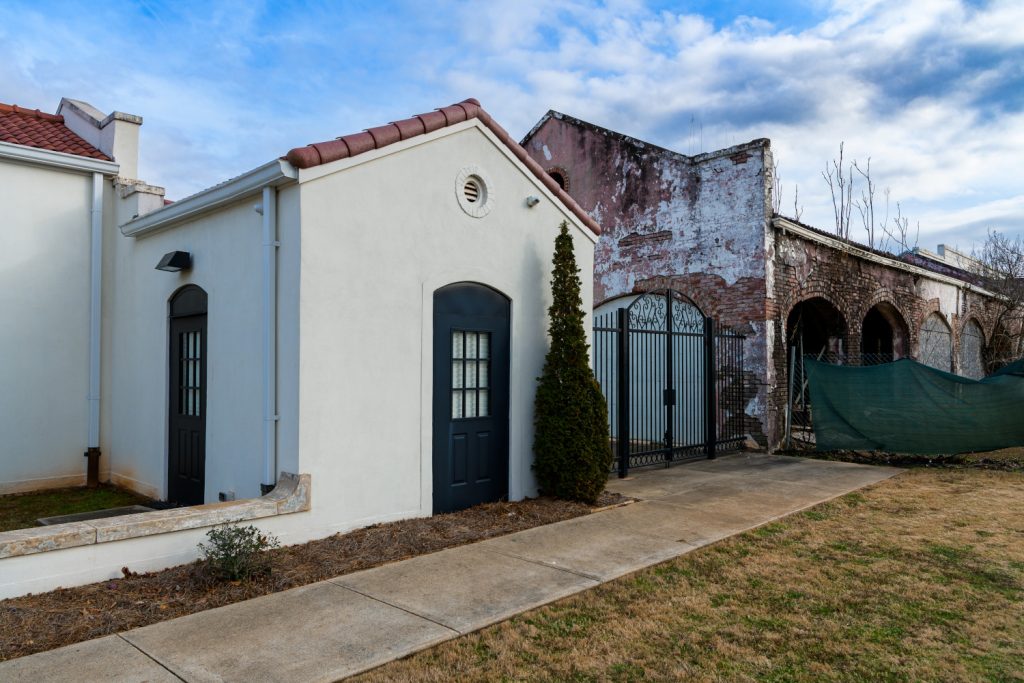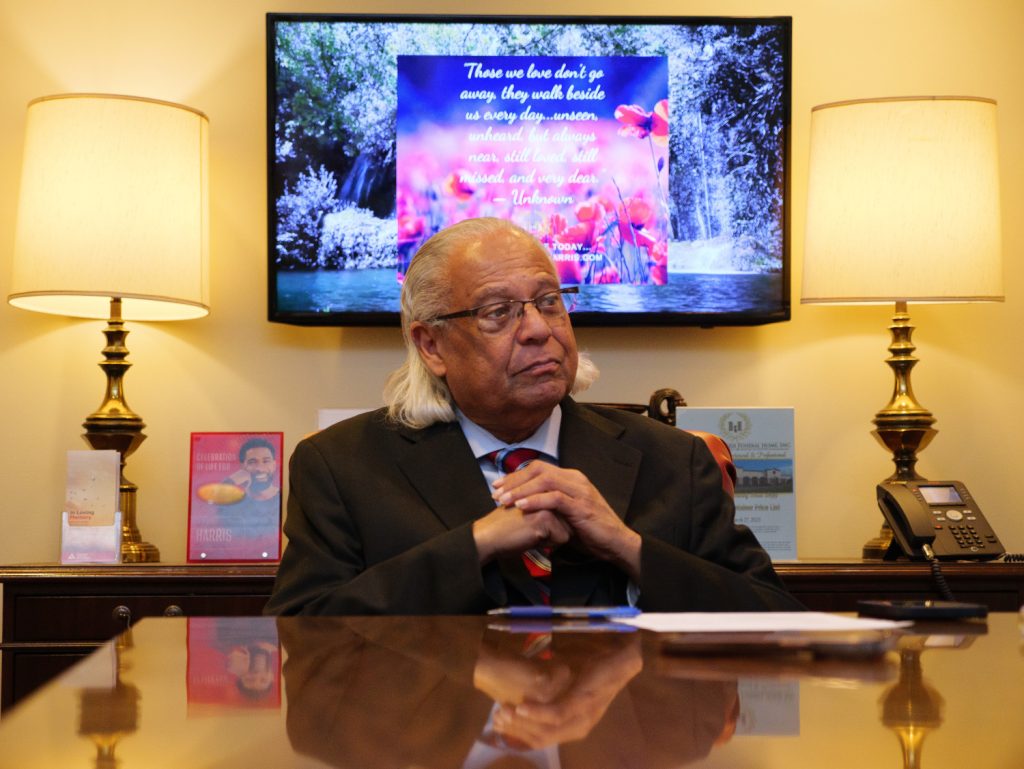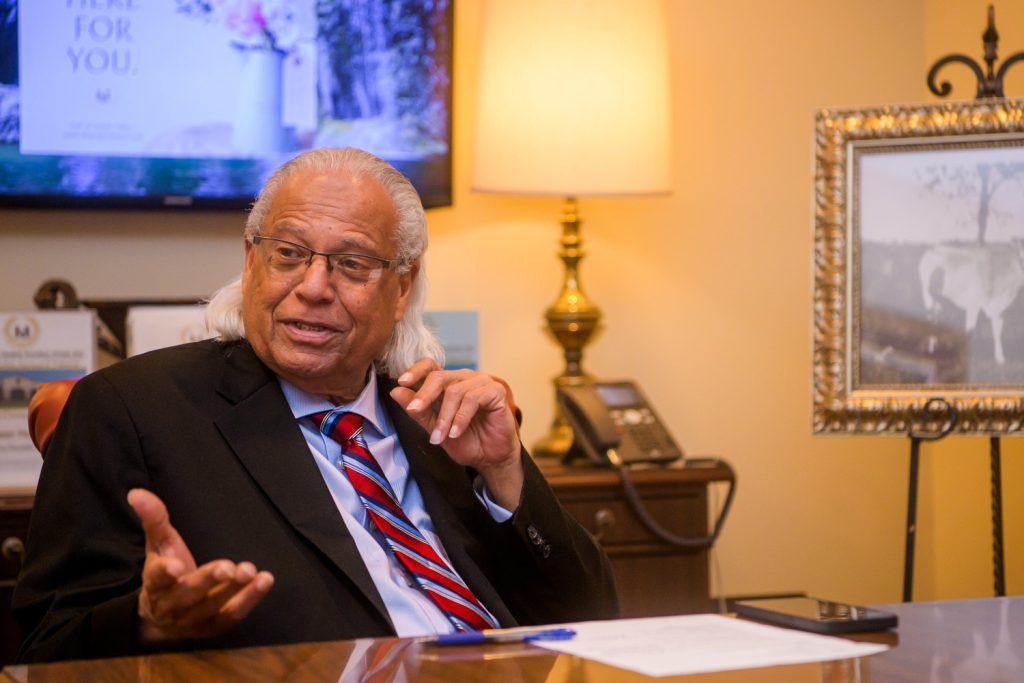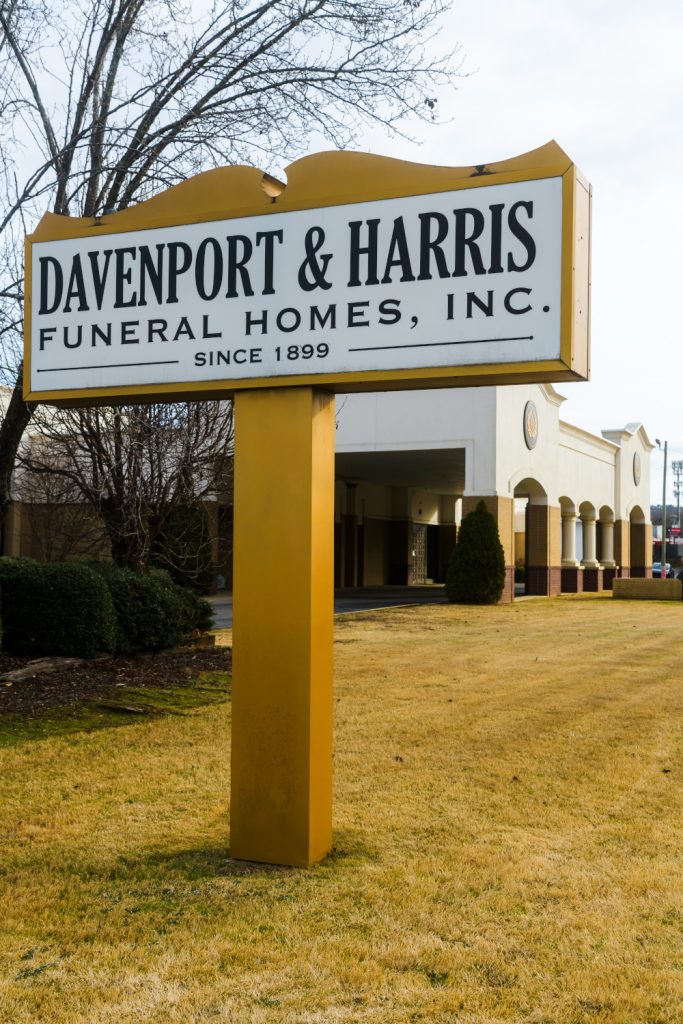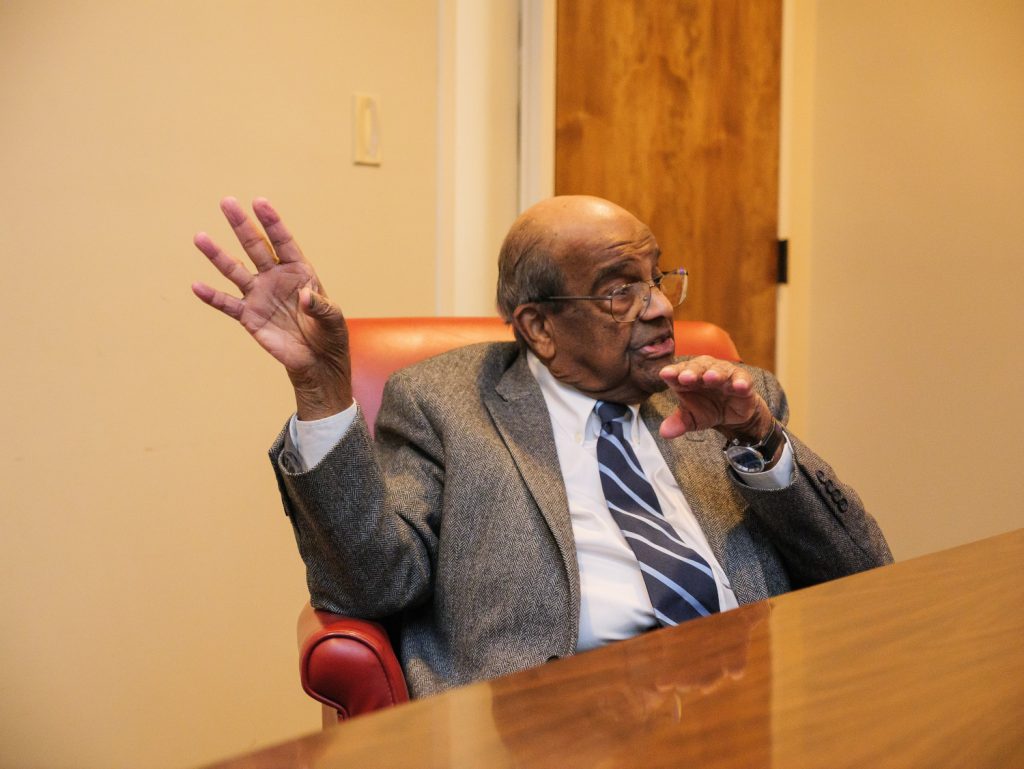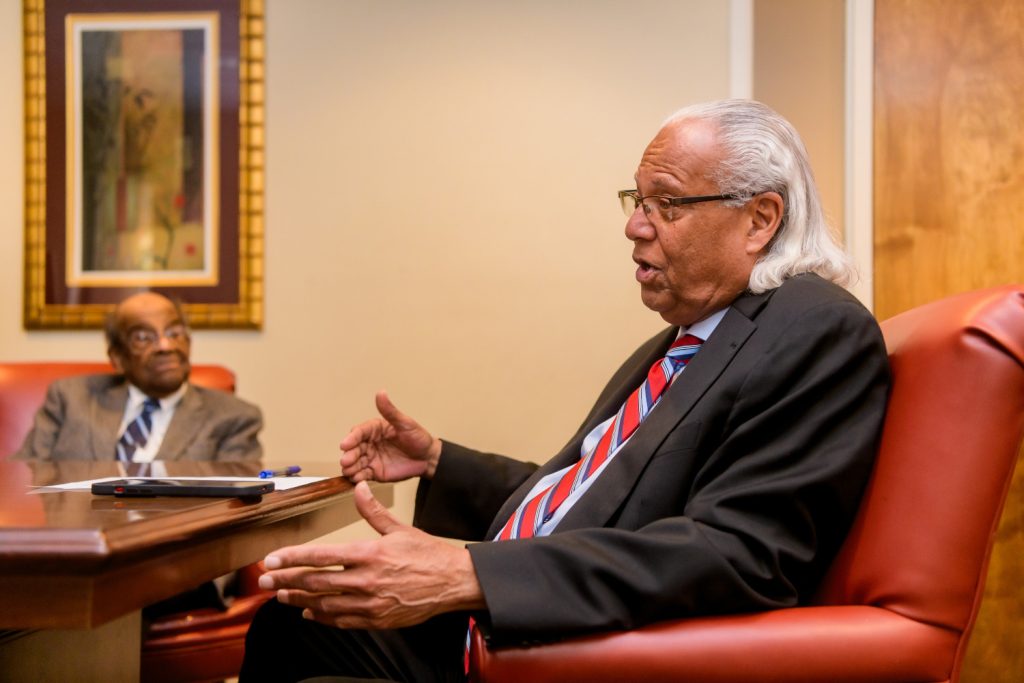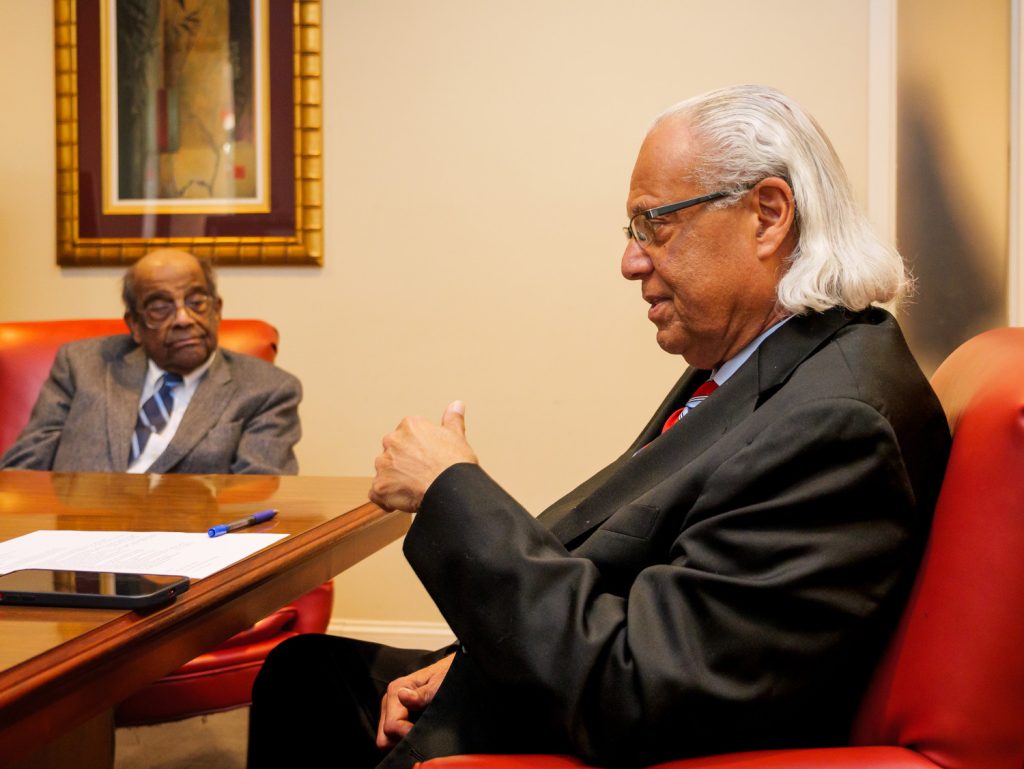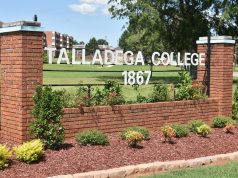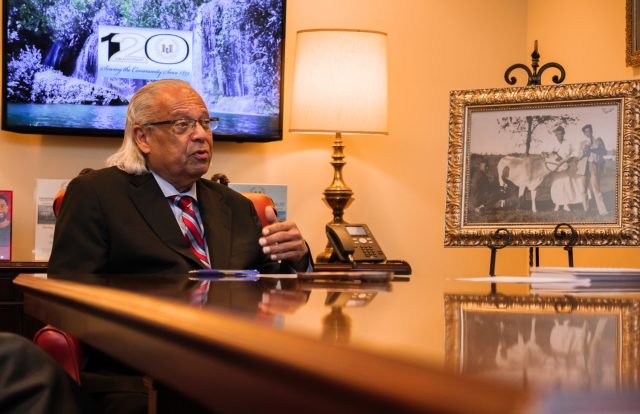
By Javacia Harris Bowser
The Birmingham Times
Growing up in Birmingham, Marion Sterling didn’t understand why some of his relatives often missed out on holiday dinners and seemed to always be at the family business—Davenport & Harris Funeral Home. Now, as president of the company, Sterling gets it.
“My schedule does not belong to me,” he said. “My schedule belongs to the people we serve.”
Davenport & Harris Funeral Home has been serving the people of Birmingham since 1899, making it the oldest active funeral home in the state of Alabama, the oldest active family-owned business in the city of Birmingham, and believed to be one of the oldest African American family-owned-and-operated funeral homes in the U.S.
For nearly 125 years, Davenport & Harris has had an impact not only on families going through the toughest times of their lives but also on city history and Black History.
The funeral home has survived World Wars I and II, The Great Depression, The Vietnam War, the Civil Rights Movement, the economic recession of past years, and the COVID 19 pandemic. Along the way, the company has done much more than provide funeral services for families.
Davenport & Harris has served as an example for other Black families, showing them that they, too, can own funeral homes. The company has consistently provided jobs and currently has 40 employees. It also is renovating three historic buildings adjacent to its main facility on Martin Luther King Jr. Drive Southwest and plans to turn one of the buildings into a community life center for community meetings, civic meetings, seminars, health fairs, and more. Sterling knows, however, that none of this matters if the families they serve aren’t taken care of, so that remains the company’s top priority.
“Compassionate And Professional”
Daphne Howard, a Birmingham native currently residing in Nashville, Tennessee, turned to Davenport & Harris last month after the death of her mother. Howard appreciated how well the team at Davenport & Harris communicated with her and her family.
“It’s a very difficult situation to go through, so it is such a relief when you have people that are compassionate and professional and get business done effectively. It takes the burden off of the family,” Howard said. “There’s so much you have to be responsible for, but your emotions are raw and sometimes it’s hard to think through those things. I was very pleased with the care they provided.”
Chip Elmer, a Birmingham resident, recently faced the death of his 10-month-old son. Davenport & Harris provided funeral services as Elmer and his family grappled with this heartbreaking experience.
“They sat and listened and gave us time to process things,” Elmer said of the company, noting that he appreciated the team’s patience and empathy, in addition to the way they explained what needed to be done without any industry jargon.
“They work with [families] at their lowest point, and they’re incredible at it,” he said.
Davenport & Harris handled the funeral services for three of the little girls killed in the 1963 bombing of the Sixteenth Street Baptist Church, as well as the 2011 funeral service for Civil Rights icon the Rev. Fred Shuttlesworth.
Throughout its history, in some ways, Davenport & Harris has become more than a place for funereal services, but a community hub known to host a fish fry or cookout on the weekends.
“The funeral directors had the greatest level of respect, just like ministers,” said Sterling, 69.
A History of Service
Charles Morgan Harris and his sister Hattie C. Davenport founded Davenport & Harris Funeral Home on Sept. 12, 1899—less than 35 years after the abolition of slavery in the U.S.
“During that time, there was not one institution that would touch the deceased body of a Black man, a Black woman, or a Black child,” Sterling explained. “They looked at that and developed the business out of a need.”
Harris had an entrepreneurial spirit that the aftermath of slavery couldn’t crush. Born in Mobile, Alabama in 1871, Harris and his sister Hattie moved to Montgomery, Alabama, in 1889. After working several odd jobs and attending Alabama’s Normal School for Colored Students (now Alabama State University), Harris took a job at the Henry A. Loveless Undertaking Company. In 1893, Harris married Mattie Bell Saffold of Selma, Alabama. Later that same year, Harris, his new wife, and his sister Hattie all moved to the Magic City, and Harris operated a general store downtown Birmingham.
Recognizing the Black community’s need for affordable and dignified burial services, Harris expanded his business to include a funeral parlor, initially called the Charles M. Harris Undertaking Company. In those early days, his store sold bread in one section and caskets in another.
After seeing that Birmingham’s Black community needed much more than inexpensive caskets, the idea for Davenport & Harris Funeral Home was born.
Going Strong
In 1923, Harris founded the Protective Burial Association to provide affordable burial insurance to Black residents. The company was later renamed the Protective Industrial Insurance Company of Alabama and would go on to offer a full range of life insurance products.
After integration, many Black-owned businesses shuttered, as their customers could now patronize white establishments. But Davenport & Harris kept going strong.
“Even though integration had occurred, some things didn’t change,” Sterling explained. “Black people were still involved in Black churches, [which] understood the grieving process of the Black community. Davenport & Harris was involved in churches, schools, Black community associations, and that empowered the company to maintain this force in the Black community.”
Through the years, several different members of the Harris family have been at the helm of the funeral home, and the business has been headquartered at several downtown Birmingham locations. The company moved to its current facility at 301 Martin Luther King Jr. Drive in the Titusville neighborhood in November 1978.
Along with Sterling, several other members of the Harris family continue to play active roles in the business, serving as members of the board of directors and investing as stockholders.
A New Life
Even though he’s a fifth generation of the Harris family, Sterling was never pressured to go into the family business. So, after his time at John Carroll Catholic High School, Morehouse College, and the University of Alabama at Birmingham, in 1980 Sterling moved to California. He worked for Microwave Communications Incorporated (MCI) for about 20 years, moving up the ranks to managing the company’s Asia-Pacific region market.
Being exposed to different cultures at John Carroll helped him in this role, Sterling said, but he had to pivot when the company dissolved. After being impressed by the success of a friend’s hairstyling business, he set out to become a licensed cosmetologist and got training from the Vidal Sassoon Academy, a program named for and based on techniques developed by the late business and hairstyling pioneer.
“I never looked at California as home. Home was always Titusville. Home was always Birmingham,” said Sterling, who returned to and still resides in Titusville.
In 2005, Sterling became chairman of the board for Davenport & Harris. A year later, he was named president of the company, though he admits he was reluctant to take the helm.
“The reason I never wanted to work here was not because I didn’t respect it as a family business or professional business but because I had experienced so much death as a young guy,” Sterling said.
When he was in high school, a close friend was killed in a car accident. Another friend died from multiple sclerosis. When he was a senior at John Carroll, he was a caregiver for his grandfather in his final days. His father died in 1978. When he was 30 years old, his brother died at the age of 33.
“The Heart of People”
As he learned how to help the families he served process their grief, Sterling also learned how to better process his own.
“You saw the heart of people,” he said. “A lot of individuals don’t want to look at the heart of people because when you do you have to look at the heart of yourself.”
Sterling, who returned to school to study mortuary science at Jefferson State Community College, is confident that his work at Davenport & Harris is a calling from God. He also sees how all of his life experiences, even the loss of loved ones, help make him the man for the job. Because he has experienced so much loss, he can empathize with bereaved families.
The business savvy that helped him at MCI now helps him with the marketing and money management side of the company. He even leans on his cosmetology experience to ensure that those being laid to rest look presentable to their loved ones.
“No matter what your experiences are in life—good, bad, or indifferent—do not discard them because they become the ingredients of your pie,” said Sterling, who tries to pass on this outlook to others, too.
“Knowing my challenges in life, I know God will make a way. I hold on to that in my personal life, as well as in my business life. I try not to become discouraged. I try to stay uplifted,” he said.






